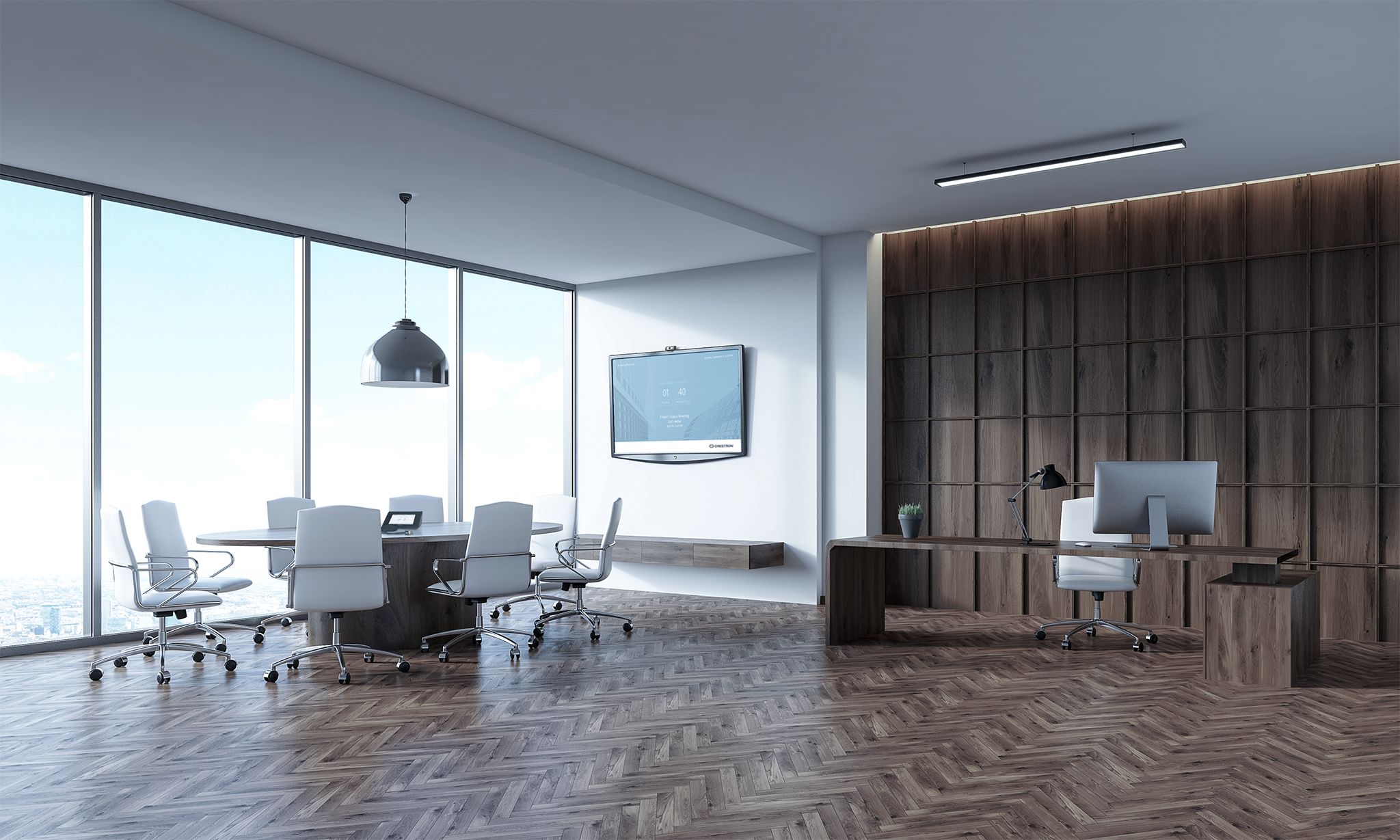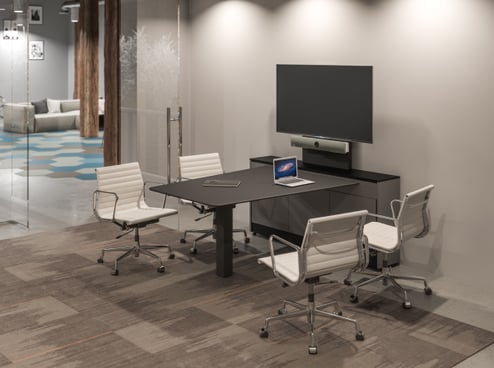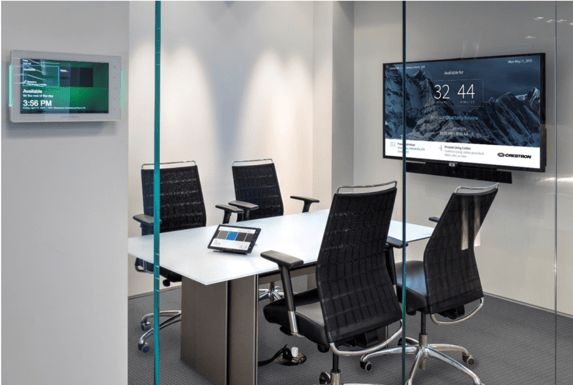
As full, room-based audio-video conferencing systems become more popular, questions arise about the differences between soft and hard codecs. While both types have advantages and disadvantages, each may be better suited for different types of applications. In this article, we'll explore the differences between soft and hard codecs, and discuss which type is best for you.
What's a codec?
First off, if you don't know what a codec is, no worries! A codec is an automated process that encodes and decodes a communication signal. Remember doing the classic science experiment of the string telephone? A codec can be seen as the string itself; whereas the cups are the devices that input and output the signals, the string is the codec - it codes the sound vibrations into the string, letting the sound waves reach its intended destination to the other cup.

Soft and Hard Codecs
Now here's the basic difference between a soft codec and a hard codec:
- A soft codec is a codec run through a piece of software, such as Microsoft Teams or Zoom. Use a laptop or PC to run these kinds of conference calls on your own network.
- A hard codec is a codec that uses hardware to do its encoding and decoding, such as a Cisco system. These use back-end servers and don't require an internet connection to be used.
Both are fairly simple terms to remember when you realize that soft codecs deal with software, and hard codecs deal with hardware.
Which is Better For Me?
Soft Codec

Pros: Especially in the post-COVID world, the necessity of flexibility has made soft codec applications have increasingly become the norm. Many businesses prefer this type of codec since it's usually very cost effective; when talking about only the actual soft codec platform, you're looking at buying a yearly subscription at the most.
It also allows for easy integration with existing systems and provides scalability across multiple platforms, like mobile devices. Especially dealing with the fact that it's software, the hardware that you can use with them can be completely interchangeable, allowing the user to spend much less than they would with a hard codec system. All that matters is if the drivers are installed or not!
Cons: There are downsides to soft codecs though. They require more bandwidth than hard codecs, and depending on how your network is set up, this can lead to slower performance and higher latency.
Additionally, since soft codecs are software-based, they can be vulnerable to malicious software, viruses, and other security risks. If your system is not up to date and patched regularly, it can also leave your system exposed to potential threats. Having constant updates could even be a con in itself.
Hard Codec

Pros: Hard codecs work for those who want a solidified, reliable solution. Given it's hardware, you never have to worry about checking for audio drivers, worrying about your internet connection, or having a piece of your conferencing system not work all of a sudden. Most hard codec devices also use a third-party network, so you don't have to even connect it to your network. You also won't have to worry about latency or dropped audio like you would with a soft codec.
Cons: However, keep in mind that because you're buying a piece of hardware, the scalability and flexibility you'd have with a soft codec solution becomes restricted to purely what you get. Hard codec solutions also tend to be more expensive than a soft codec solution, and only work with other systems that are in its realm (although, especially in recent years, hard codec systems have begun to branch out into communication with other conferencing systems).
Conclusion
If you don't know which kind of system you'd still want, understand how your company communicates and go from there. Does your company use a versatile software client like Microsoft Teams, Google Meet, or Zoom to communicate? Or do are you dealing with sensitive information that you would rather not communicate over a potentially vulnerable network?
You can also call us and get in touch with our sales and design teams to figure out which solutions work best for you! We have a vast knowledge of both soft and hard codec solutions. Schedule a meeting today!


